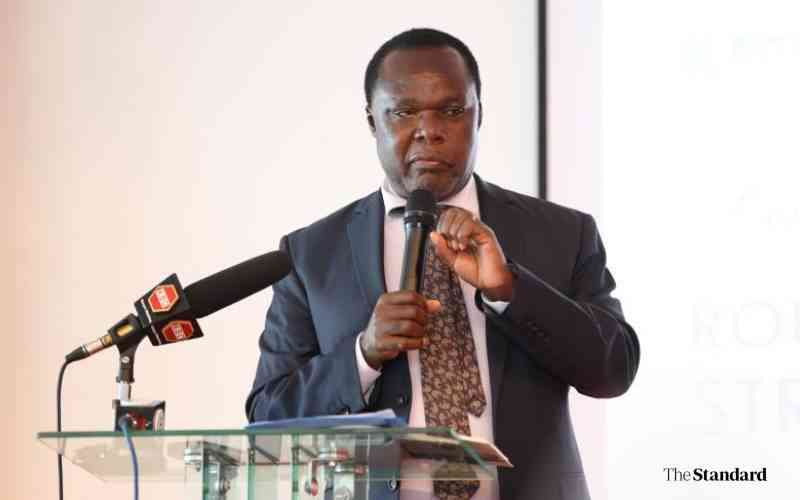×
The Standard e-Paper
Stay Informed, Even Offline

The Kenya Kwanza administration's plan of actualising Universal Health Coverage might stall following a healthcare workers crisis.
Ironically, as Kenya grapples with shortage of health providers, the government is encouraging professionals to seek employment abroad.







